Conscientious objectors
Where can I find information about conscientious objectors?
(Years 7-10)
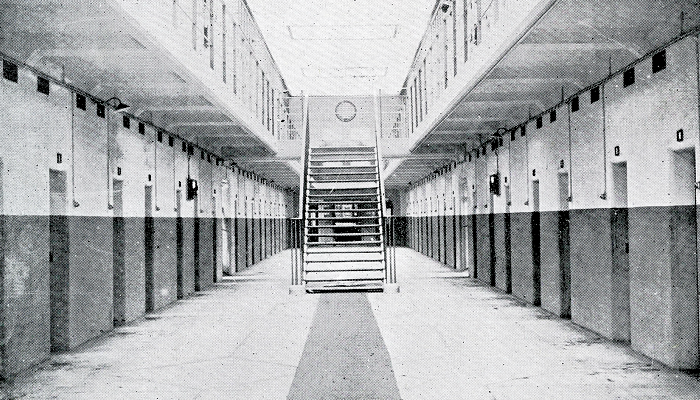
Image: Waikeria Prison for WW1 objectors, c.1923 from Archives New Zealand Te Rua Mahara o te Kāwanatanga on DigitalNZ.
Entry last updated: 15/09/25
Introduction
A conscientious objector (CO) is someone who is against using weapons to kill. CO's claim the right to refuse to be part of any kind of armed forces training and military service. They object to fight because their conscience tells them it is wrong, and this could be for religious, philosophical, political or moral reasons. 'Conchies' as they were also called, were pacifists who preferred to settle disputes in a peaceful way.
General Websites
There is a history of conscientious objectors who objected to fighting in World War 1, World War 2 and many other wars such as the Vietnam War. These websites will give you some more information on this topic, including some famous names.
This is one of the EPIC resources which is a collection of reliable databases covering lots of different topics. It is put together especially for New Zealand school students and helps to answer questions like this.
Enter the keywords 'conscientious objectors' into the search box.
Select the article called conscientious objector to understand the meaning and the history of CO's.
You will also find names of famous conscientious objectors like Lewis Hill and Elsa Thomson.
Tips: To get to the EPIC resources you will need a password from your school librarian first. Or you can chat with one of our AnyQuestions librarians and they will help you online. Some EPIC databases may also be available through your public library.
World History (Gale In Context)
This is another EPIC database with lots of different types of information such as references, biographies, primary sources, images and videos etc. on conscientious objectors.
Begin by entering the keywords 'conscientious objection' into the search box.
To find information about conscientious objectors, have a look at the Biographies tab. Here you can find out about people such as Franz Jaggerstatter who was executed for not joining the German Army, or famous American boxer Muhammad Ali.
Tips: Search words, or keywords, are the most important words in our question. Usually it’s better to leave out small words like ‘the’, ‘a’ and ‘of’ and just choose the main ones, e.g. conscientious objectors. We can always change our keywords or add more if we need to.
This website is a collection of information from five British museums covering wars and conflicts from different parts of the world.
Select Search at the top of the main page and use the keywords 'conscientious objectors'.
Try the article about Max Plowman.
For primary sources, go to Conscientious objectors in their own words.
Tips: Websites that have .org or .net in the address can have good information, but you need to assess how reliable it is. Check the About us link on the website, if you can find one. That can tell you what the organisation’s mission and values are.
New Zealand websites
These websites have information about the New Zealand history of conscription (compulsory military service), pacifist and anti-militarist movements, and conscientious objectors who resisted enrolment into the armed forces.
Te Ara: The Encyclopedia of New Zealand
Te Ara Encyclopedia of New Zealand is a guide to New Zealand peoples, history, environment, culture, and society. It is a great starting point to find out about conscientious objectors in New Zealand.
Use the bar at the top of the page to search for 'conscientious objection'.
Select the story Conscription, conscientious objection, and pacifism.
Read through the different pages to find out more about each of these three topics. For example, the page on conscientious objectors will tell you about the history of New Zealanders against compulsory military training, and objectors in World War One and Two.
Tips: We like sites like this because they’re reliable. You can tell because of their web address – they have either .govt or .ac, meaning they are from government or educational organisations. They’re also New Zealand sites, so relevant for us.
NZ History is another great website for information about Aotearoa New Zealand. If we go all the way down the page we can see that the website belongs to the Ministry for Culture & Heritage, so the information is well-researched and reliable.
Enter 'conscientious objectors' into the search area.
The article called Conscientious objection and dissent has information about conscientious objectors in World War One, useful statistics and reasons why they objected.
It also includes links to Personal stories about several men, one of whom is Archibald Baxter who wrote a memoir about his experiences as a conscientious objector called We will not cease.
This is a NZ government website on World War One commemorations. It has videos, audio, diary entries, letters, photographs, and articles about personal stories.
Select the NZ at War tab at the top of the page.
The article called "I will not agree to my children going to shed blood" tells the story of how Waikato leader Te Puea Hērangi responded to the arrest of her people who resisted conscription.
Another article called Fraser and The First World War gives further information about Peter Fraser's opposition to conscription.
Tips: A website’s address (URL) can give you a hint about how reliable it is. Look for addresses in the results that include .govt or .edu in the URL. These are quality sites from overseas government or educational organisations.
Books
Many of the books written about conscientious objectors are in the adult non-fiction area of the library, so this list includes a junior fiction book. Check out your local public or school library to see what they have!
Here are some recommended titles:
My brother’s war by David Hill
Conchies : conscientious objectors of the First World War by Ann Kramer
We will not fight : the untold story of the First World War's conscientious objectors by Will Ellsworth-Jones
I don't believe in murder by Margaret Lovell-Smith
Remember the brave by Forrest Chambers
SCIS no: 1915707
Topics covered
Related content
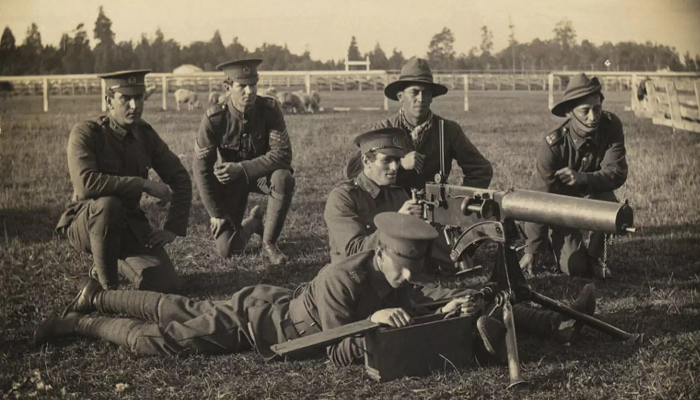
World War One (junior)
Where can I find information about World War One?
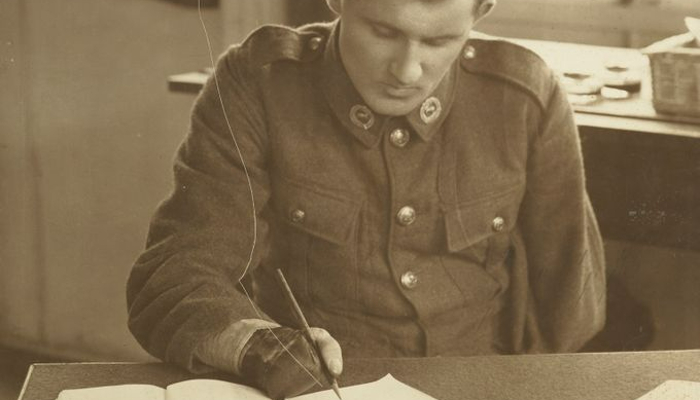
WW1 (primary sources)
Where can I find primary sources for World War One?

World War One
Where can I find information about World War One?

WW2 (primary sources)
Where can I find primary sources for World War Two?
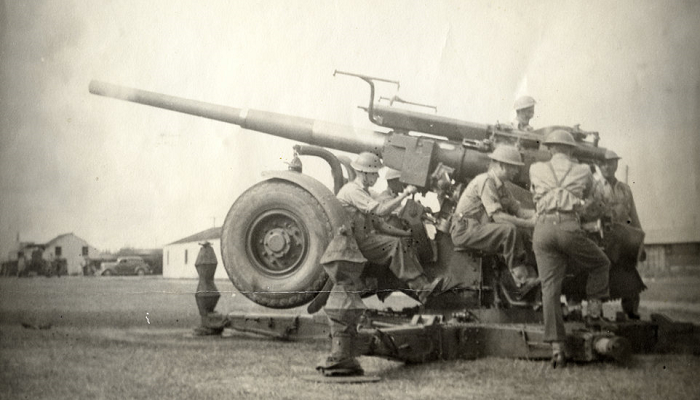
World War Two (Junior)
Where can I find information about World War Two?

Conscientious objectors
Where can I find information about conscientious objectors?

Philosophy
Where can I find information about philosophy?
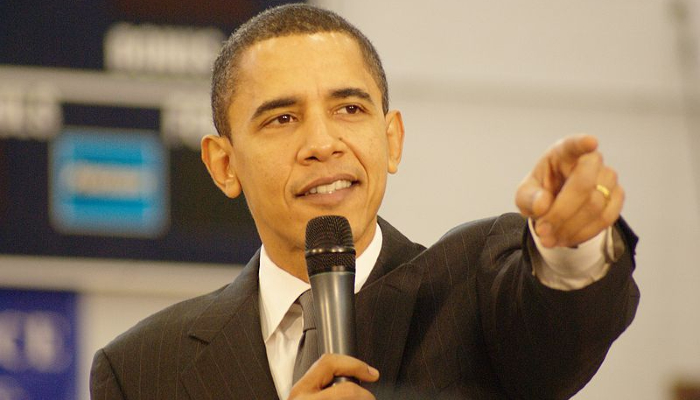
Leadership
Where can I find information about leaders and leadership?
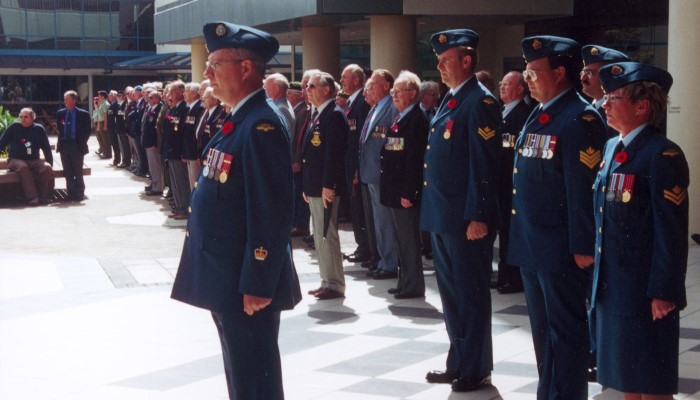
Changing views on conflict
Where can I find information about the local histories of Auckland | Tāmaki Makaurau?
